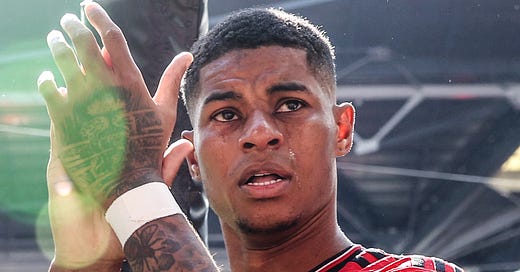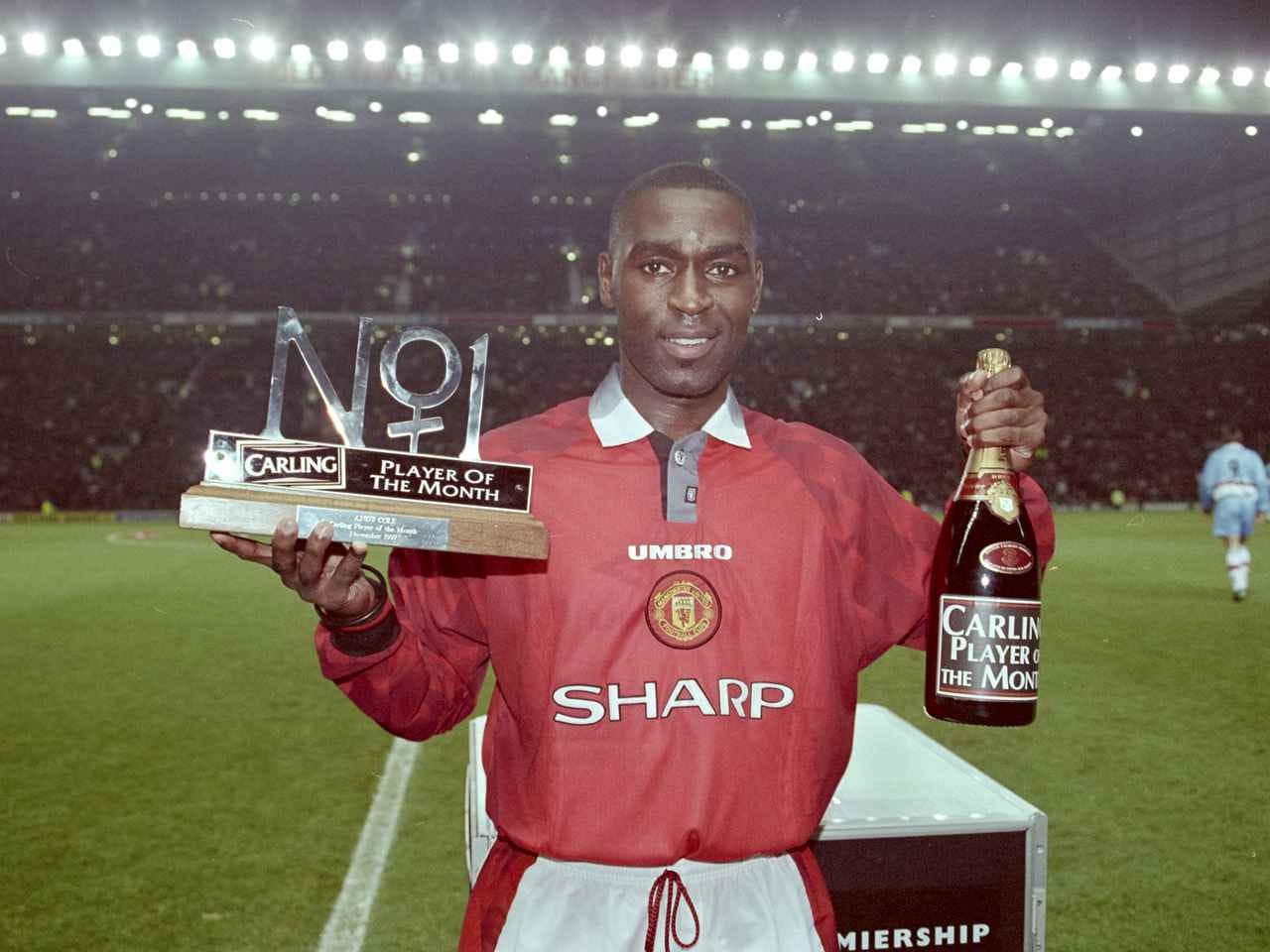“You have to be twice as good as them to get half of what they have,” said Eli Pope to his daughter Olivia Pope in Scandal.
I recently rewatched Shonda Rhimes’ masterpiece, a political thriller with twists, betrayals, and some insane characters. But what truly gripped me—beyond the mind-boggling storylines—was the powerhouse performance by Joe Morton as Eli Pope. Morton delivered a masterclass, on par with Miami Heat LeBron, Patriots-era Tom Brady, 2012 Messi, Serena in her prime, MJ with the Bulls, Simone Biles redefining gymnastics, or 2008 Candace Parker dominating the WNBA. Pure excellence.
Eli Pope, the enigmatic leader of the shadowy B613, was the puppet master of America, controlling the fictional free world with an iron fist. His pride in wielding that power as a Black man was palpable, an invisible king in a white world. He tried, with varying success, to instill that sense of pride and purpose in his daughter, Olivia, as she navigated the chaos of Washington.
Now, what does this have to do with Marcus Rashford? Be patient. Let me set the stage in unison like Xavi, Iniesta, and Busquets.
Eli Pope’s pride and frustration as a Black man navigating systems designed to marginalize him felt visceral. Though Scandal is fictional, the parallels to real life are unmistakable- particularly in how Black talent is scrutinized, celebrated, and then torn down. Which brings me to Marcus Rashford, the soup du jour of football discourse, a man seemingly caught in a storm of public opinion.
Right now, Rashford is the media’s favorite punching bag. Every press conference, every interview, every headline seems to orbit him, not Manchester United’s challenges as a whole. Not Ruben Amorim’s tactics. Not the next match. No, it’s all Marcus.
It’s a tale as old as time: a relationship reaching its end. United and Rashford seem locked in a toxic cycle. Both parties are clinging to memories of what once was, trying to salvage something that’s clearly sinking. We’ve all been there. But while criticism of his form is fair, the level of vitriol aimed at Rashford feels more personal—more vindictive.
Log onto any social platform, and Rashford is blamed for everything short of global warming. It’s beyond football now. It feels like people are demanding their pound of flesh.
This isn’t how it was supposed to end. A kid from Manchester, a lifelong United fan who lived the dream, who made it—we made it with him. As Black people, we rally around our own. We see ourselves in their triumphs and their struggles.
Representation matters. White people often don’t grasp this because, for them, representation is a given. It’s default. But ask a Black Arsenal fan why they support the club, and it’s likely names like Ian Wright, Thierry Henry, or Kanu will come up. Ask a Black football fan, and you’ll hear similar stories—a player who looked like us, who showed us what was possible. For me, it was Andy Cole at United in ’95. He was damn good, and he looked like me.
That’s why so many defend Rashford so fiercely. He’s one of us—a Black kid navigating a white world, living his boyhood dream. Criticism of his form? Fine and fair. Everyone who doesn’t live up to billing deserves questions and critcisims. But the narrative has spiraled into something darker. When you see article after article painting him as the problem, it’s hard not to push back.
Here’s the reality: Rashford is a symptom, not the disease. He’s not United’s problem—he’s a casualty of its dysfunction. The club is rotting from the top down, with owners who’ve left the environment toxic and fans who’ve become more ravenous than supportive.
Imagine being in Rashford’s shoes. Your workplace is chaotic. Leadership is inept. You’re constantly blamed, scrutinized, and berated. How motivated would you be? How much effort could you give before the weight becomes too much to bear?
And for those who scoff, claiming it’s not about race—consider this. There’s a £100 million footballer in Manchester who hasn’t scored in over a year. An article about him recently pondered whether Pep Guardiola should “remove his tactical straitjacket.” Same league, different rules. One is a free spirit; the other, a tormented soul. We see it. Yeah, his team has won the things, done it all—we get that. They have injuries, a tiny squad, players overplayed, however a whole year without a goal?! No pushback? We see it.
The Rashford of 2016, the bright-eyed 18-year-old bursting onto the scene, is gone.
What remains is a man worn down by injuries, personal challenges, and the weight of carrying a broken club. He gave everything, on and off the pitch, even as the United machine chewed him up and spat him out.
As Bashy said:
“Black man living in a next man’s world. That’s how Black men lose their smile.”
Here’s to hope, hoping that INEOS can create an environment where the next academy talent can thrive. Where joy can coexist with excellence. Hoping we ferociously defend our own players, doubling, even tripling down when dectrators talk.
To Marcus Rashford: thank you. You’re flawed, as we all are. But in a world where you have to be twice as good just to be half, you stood tall. The odds were never in your favor, but you showed us what was possible.
And for that, you’ll always be one of us.







